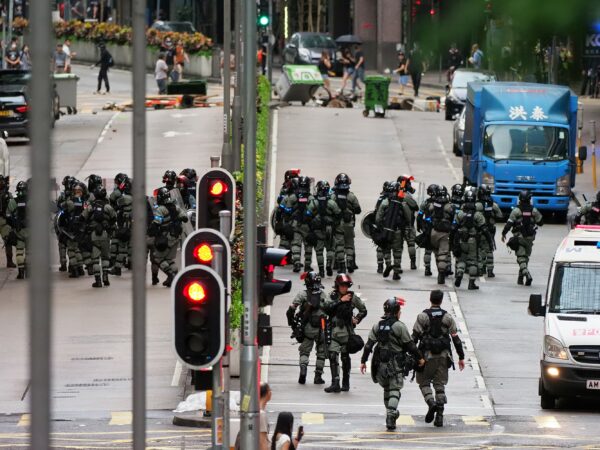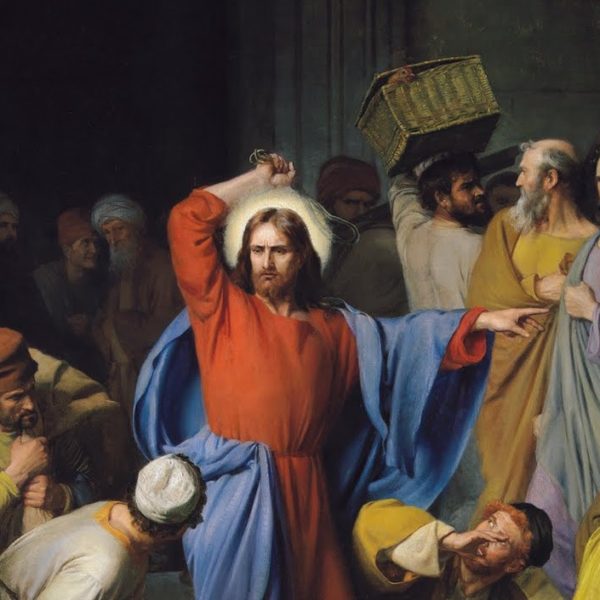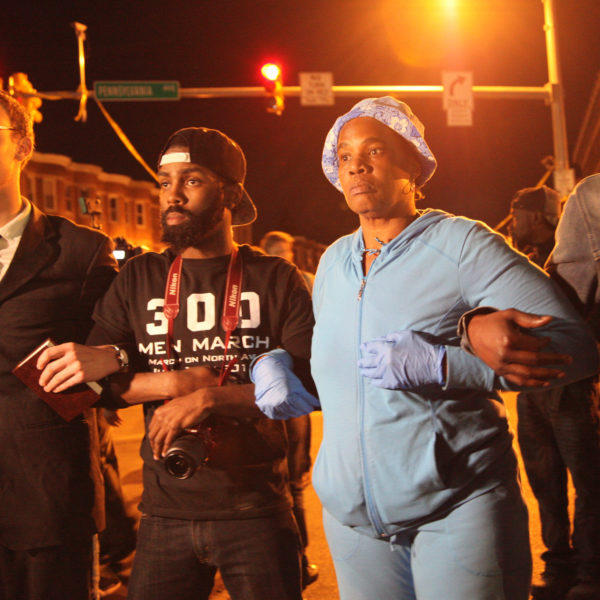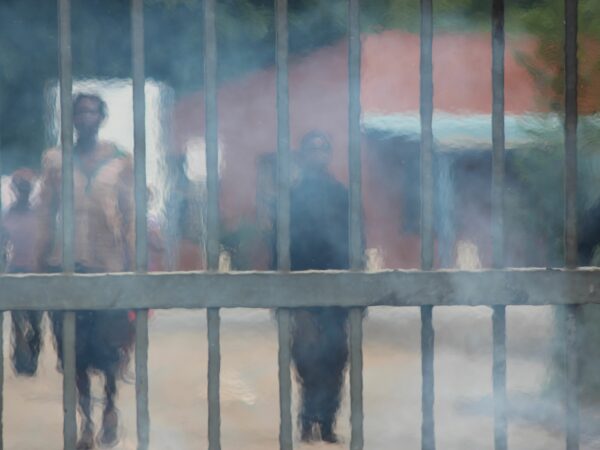
Andrew Suderman argues that the significance of protest lies in challenging the “policing” realities of death that plague our world and exposes the contingencies on which such logic rests whilst reasserting our own political agency by re-claiming the power we have to embody now the future God desires for this world. This is the form of politics to which Jesus calls us.
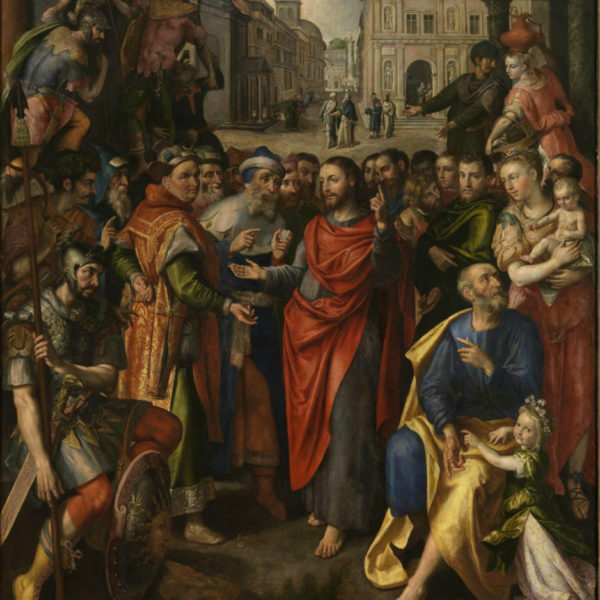
Jesus’ trick answer to the Pharisees concerning the paying of taxes to Caesar speaks to the Christian’s appropriate posture to American Civil Religion, which has been provoked into a fuller revelation of itself by Colin Kaepernick’s protest.
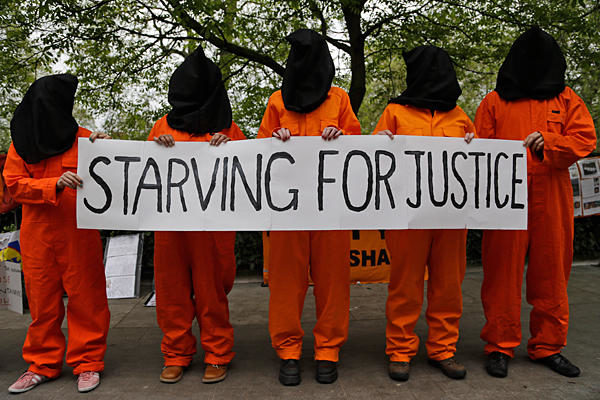
Currently there are about 100 prisoners in Guantanamo Bay Detention on hunger strike (89 of whom have been determined to be innocent of accusations but not released and some of whom have been on hunger strike for more than 106 days) and an estimated “2,493 inmates in 15 state prisons are participating in a mass hunger strike” (Democracy Now 7/17/13). At Gitmo, periodic hunger strikes have been going on for a number of years, prisoners are protesting unlawful imprisonment, cruel treatment and lack of transparency; many prisoners are being force fed.
This procession down to Jerusalem is one of those very public moments in Jesus’ ministry. It could be called his most brilliant act of political theatre. Jesus proceeds toward Jerusalem, with a crowd that undoubtedly boasts some of the same sorts of outsiders Jesus has been connecting with all along: sinners, the possessed, the sick and blind, women, and foreigners. The crowd that shouts Hosanna would have been laughed at by any sensible members of society who happened upon this odd ritual. Much like I imagine today those with a high sense of their own political value would little understand what compelled these odd folk to gather as they had, creating trouble when they had little to gain but jail cells and crosses…
